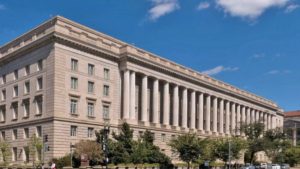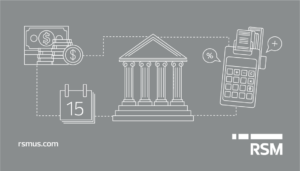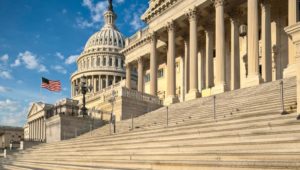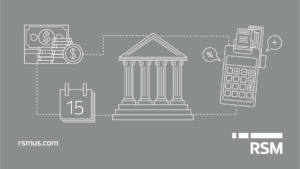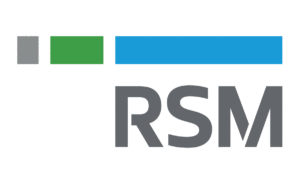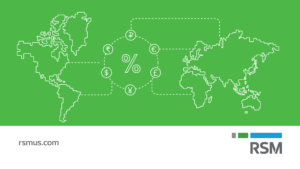SAS 136 includes requirements to communicate reportable findings identified as a result of testing relevant plan provisions.
Plan administrators should consider all implications of an ERISA Section 103(a)(3)(C) election before the election is made.
National Taxpayer Advocate, Erin Collins, recommends the IRS pause automated collection notices. Congress may consider the recommendation.
Employers need to react quickly to the new guidance to pay in amounts as if they were incurred on Dec. 31, 2021.
The Accounting Standards Update (ASU) 2021-10 is intended to increase transparency by requiring business entities to disclose information about certain types of government assistance they receive.
Before year end, plan administrators or trustees and their auditors should discuss certain preconditions of the audit.
The IRS has released its annual cost-of-living adjustments for retirement plan limits, effective Jan. 1, 2022.
We have updated our white paper regarding the fundamentals of LIBOR phase out and transition for financial institutions.
This document lists pronouncements that became effective on or after Jan. 1, 2021 or are not yet effective as of Nov. 1, 2021.
The GASB has changed the term “comprehensive annual financial report” to “annual comprehensive financial report.”
SAS 136 will affect audits of employee benefit plans subject to ERISA effective for periods ending on or after December 15, 2021.
The OCC recently issued its views on a variety of accounting topics relevant to the financial institutions industry.
The Ways and Means Committee proposed legislation targeting digital assets to increase tax revenue via wash and constructive sales rules.
Taxpayer Advocate Service is wrestling with a backlog of cases trying to navigate the changing environment of the pandemic.
Rev. Proc. 2021-33 allows exclusion of PPP, restaurant revitalization and shuttered venue operator grants from ERTC gross receipts test.
The AICPA has issued recipient accounting guidance for Shuttered Venue Operators Grants and Restaurant Revitalization Fund grants.


